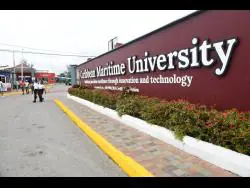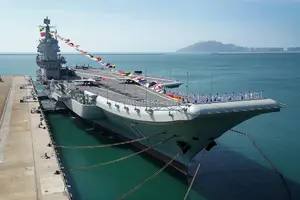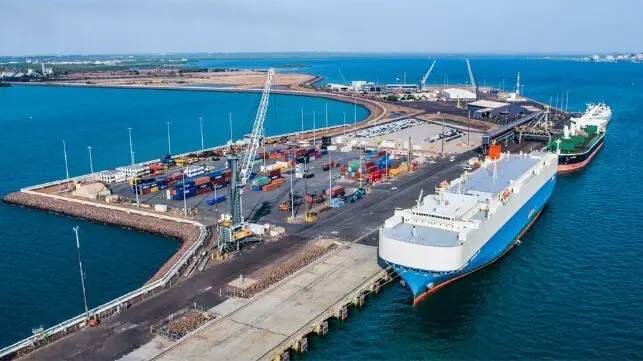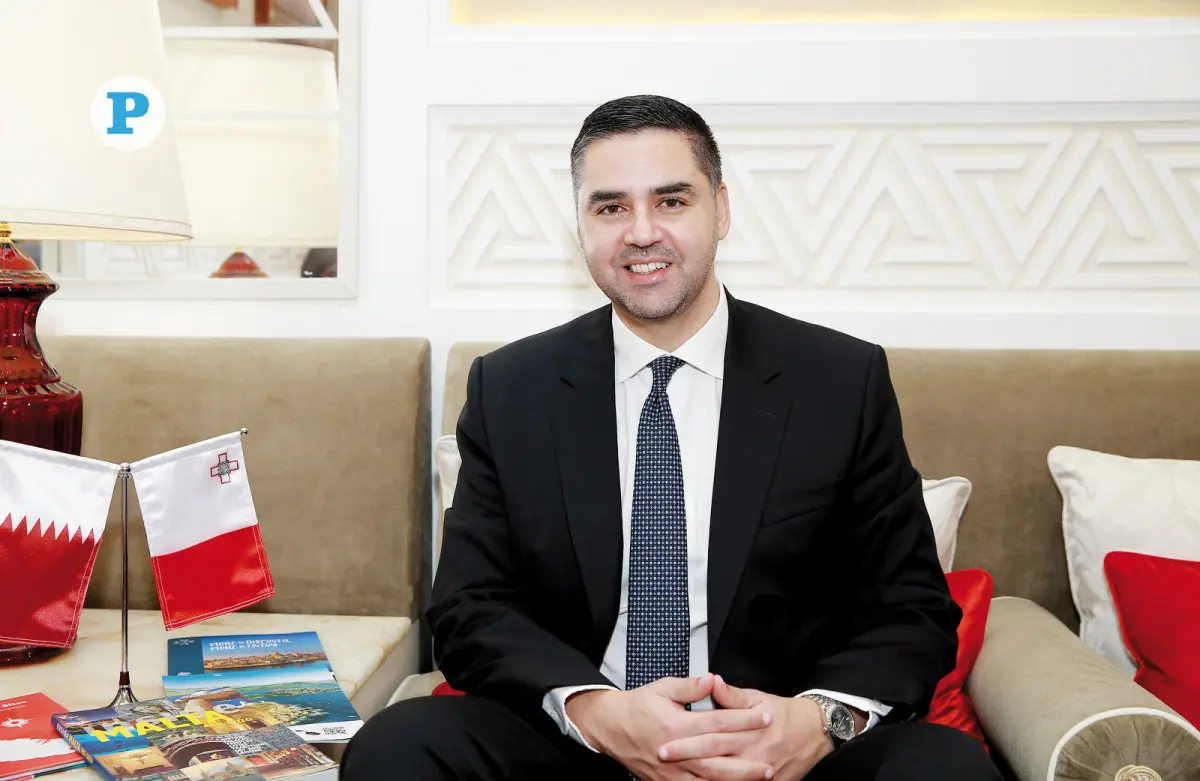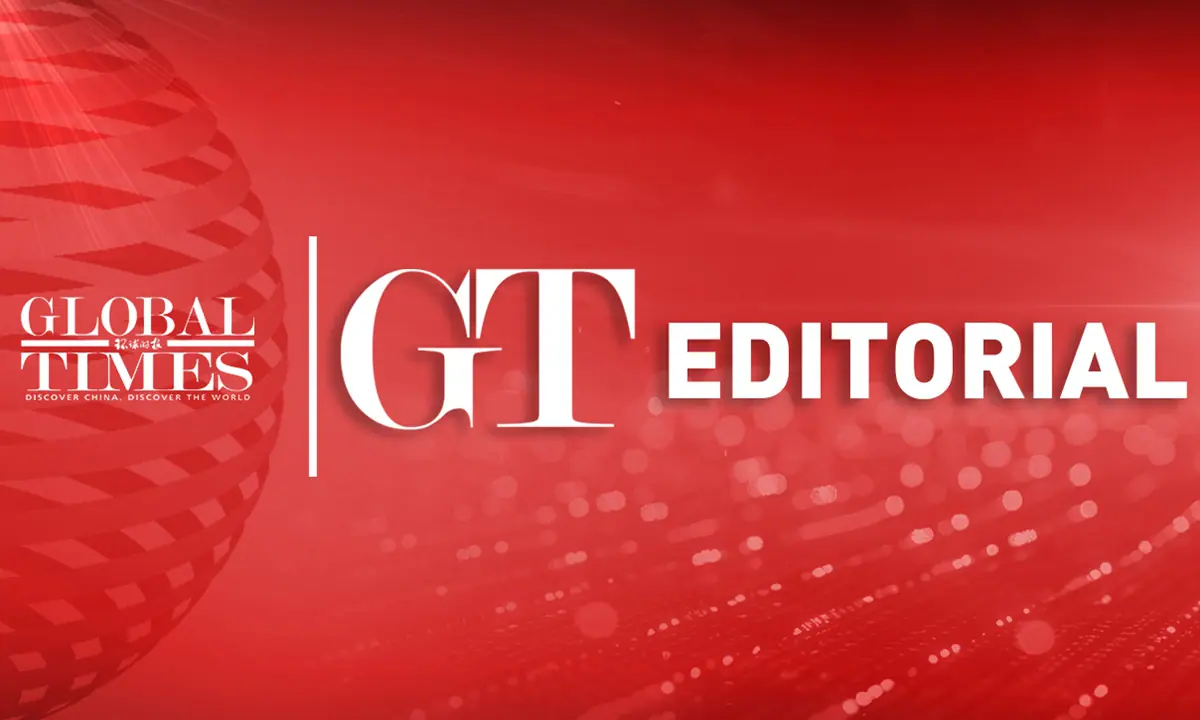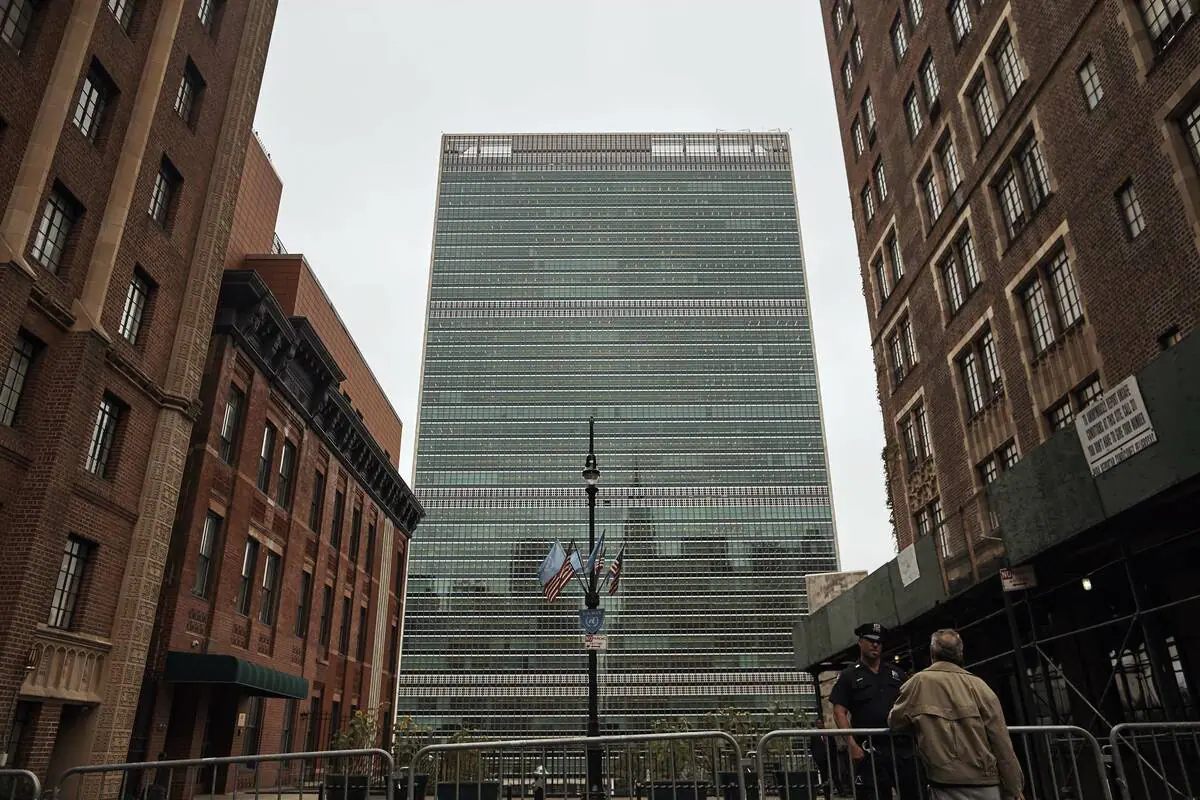The surge in deep-sea mining (DSM) presents significant risks and challenges for Africa, particularly in light of the U.S. push under the Trump administration, which targets seabed mineral exploration as a way to secure critical minerals. The U.S. executive order aims to position the country as a leader in seabed extraction, affecting nations across various regions, including Africa. DSM focuses on extracting vital minerals like cobalt, copper, and rare earth elements from ocean floors, raising grave concerns about irreversible damage to marine ecosystems.
The actions of the U.S. contradict long-standing multilateral efforts to protect ocean resources, particularly the principle of the “common heritage of humankind” enshrined in the United Nations Convention on the Law of the Sea (UNCLOS). This principle dictates that ocean resources should be governed collectively rather than through unilateral actions, such as those outlined in the U.S. executive order. Critics argue that these actions threaten decades of international cooperation and could destabilize global ocean governance.
Countries participating in the International Seabed Authority (ISA) have expressed concerns about moving forward with DSM operations before establishing a definitive regulatory framework, which is still under development. Sierra Leone, representing the African Group, has highlighted critical issues, including potential negative impacts on land-based mining economies, the necessity for robust regulatory frameworks, and financial models for equitable benefit-sharing.
As discussions around DSM intensify globally, African nations have been somewhat muted in their responses, a significant concern given their vulnerability to economic disturbances from seabed mining. The potential for DSM to disrupt land-based mineral markets is particularly alarming for countries such as the Democratic Republic of the Congo, Zambia, and several others reliant on exports of metals like cobalt and nickel.
Environmental experts call for African nations to unite and advocate for science-based regulations that protect marine resources. Studies indicate long-lasting impacts from preceding mining ventures, such as altered seafloor landscapes and biodiversity loss. These findings amplify the need for precautionary measures and thorough environmental assessments before advancing DSM practices.
In light of these challenges, African states have a crucial role to play in influencing global DSM policies. They can choose to engage the International Court of Justice to clarify international obligations under UNCLOS and potentially advocate for a moratorium on DSM until substantial environmental protections are established. Through unity and collective actions at platforms like the ISA General Assembly, African countries can ensure that the discourse surrounding deep-sea mining aligns with their economic interests and environmental preservation goals.
Ultimately, Africa stands at a pivotal juncture in shaping global ocean governance. By advocating for protective measures and equitable resource-sharing frameworks, African nations can safeguard marine ecosystems, their economies, and the well-being of future generations.
Source link

